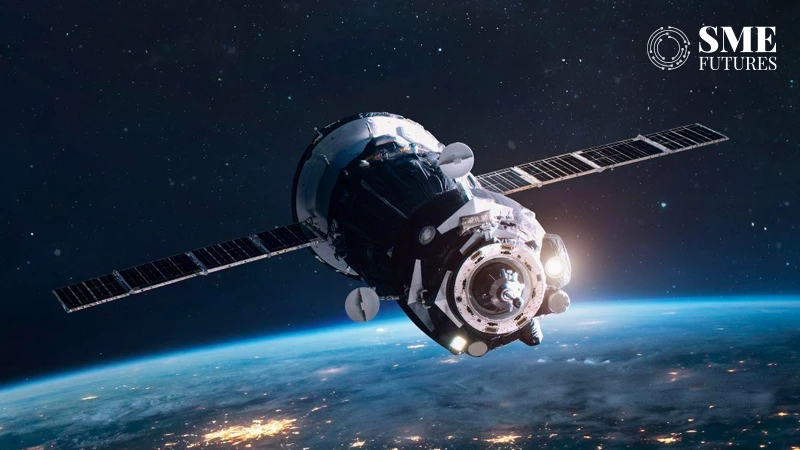Partnership with the US is important for India to achieve a $44 billion space sector by 2035, said IN-SPACe Chairman Pawan Goenka.
He said this at the ongoing 4th India-US Space and Geospatial Business Summit in Hyderabad. The summit organised by the Geospatial World Chamber of Commerce in collaboration with Geospatial World, underscored how shared investments in technology, policy alignment, and manufacturing can accelerate global progress.
The India-US space collaboration has been a growing area of focus, especially with joint space missions, satellite launches, and advancements in technology.
“For space, data is the output, and for geospatial, data is the foundation,” said Pawan Goenka, Chairman, IN-SPACe at the event.
“We have ambitious plans for the launch of Chandrayaan missions 4, 5, and 6 by the next decade, aiming to achieve the milestone of a $44 billion space sector by 2035. The India-US partnership will be crucial in realising this vision,” he added.
IN-SPACe is the single-window, autonomous, nodal agency under the Department of Space.
Further, Dr. Rajeev Jyoti, Director (Technical), IN-SPACe, noted that the bilateral trade in geospatial and space technologies between India and the US is projected to grow from $2.5 billion in 2024 to $10 billion by 2030.
He highlighted the NASA-ISRO SAR (NISAR) Mission — a collaboration exemplifying the synergy between India and the US.
Jyoti said that India’s National Geospatial Policy (2022) and Space Policy (2023) are the drivers of the growth of geospatial and space industries in the country.
“The global Earth Observation (EO) industry, growing at a CAGR of 16 per cent, is projected to reach $8 billion, and India is poised to play a key role in this expansion,” he added.
Meanwhile, the experts shared that India’s thriving geospatial sector, valued at $1.92 billion, is a global hub for cost-effective geospatial services.
India’s strengths in delivering high-quality, cost-efficient solutions complement the US’s leadership in cutting-edge technology, creating a formidable partnership for driving global geospatial advancements.
“The partnership between India and the US is not just about economic growth; it is about leveraging geospatial and space technologies to address global challenges, improve lives, and ensure sustainability,” said Jennifer Larson, US Consulate General in Hyderabad.
Larson also underscored the integration of artificial intelligence (AI) and machine learning (ML) with geospatial data, enabling sophisticated analyses to tackle global issues.
“By the next summit, I hope we will witness bold advancements in areas like visa facilitation and expanded space cooperation, contributing to our $10 billion trade goal,” she said.
Discussions at the summit also focused on actionable strategies to deepen collaboration, including technology transfer, advanced manufacturing for geospatial equipment, and bolstering India’s role as a solution provider.











